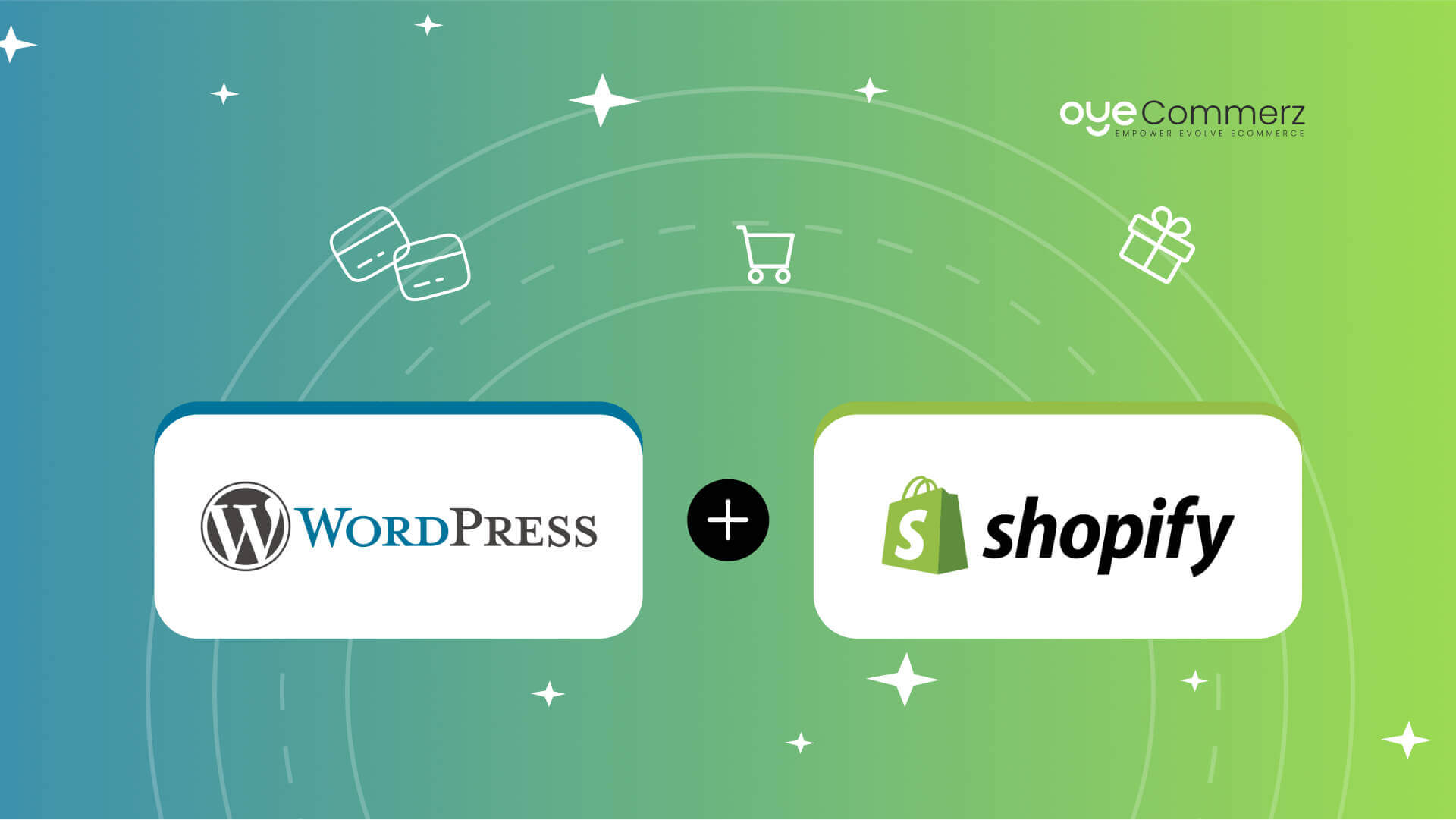In the dynamic landscape of online retail, choosing the best system is vital for your company’s success. If you’re at the moment using WP and planning a migration to Shopify, you’re not the only one. Many businesses are switching to utilize Shopify’s comprehensive features, simplicity, and scalability. This guide will take you through the process of migrating from WordPress to Shopify effortlessly, making sure that you achieve your eCommerce potential.
Why Transition from WP to Shopify?
Prior to exploring the migration journey, it’s essential to know why this change can be helpful for your eCommerce business:
Accessible Tools: Shopify offers an user-friendly system that streamlines store management, making it easier for non-technical users.
Scalability: As your brand develops, Shopify can handle greater visitors and sales without affecting efficiency.
Built-in Tools: Shopify includes integrated resources for search engine optimization, analytics, payment management, and much more, reducing the necessity for numerous plugins.
Advanced Safeguards: With Shopify, you get access to advanced security features that secure confidential customer details.
Steps for a Seamless Migration
Migrating your digital shop from WordPress to Shopify requires key phases.
Here’s the way to achieve a successful transition:
Outline Your Migration Strategy
Start by mapping out your migration blueprint. Pinpoint which components of your present site you want to migrate, such as:
Product data
Client data
Order history
Posts
Choose the Right Migration Solution
Considering your preferences, select a migration plan that suits your business. Migration experts provides several options:
Entry-Level Plan: Ideal for boutique stores with minimal products.
Standard Migration Package: Appropriate for mid-range businesses with intermediate needs.
Premium Migration Package: Best for high-volume stores needing OyeCommerz eCommerce experts custom customization.
Backup Your Information
Prior to beginning the migration, ensure that you have a complete backup of your WP site. This action is crucial in situations where anything goes wrong during the move.
Export Your Information from WordPress
Use plugins or manual methods to export essential data from your WP site:
Inventory
Clients
Sales records
Content pieces
Upload Data into Shopify
Once you have your content extracted, use Shopify’s migration apps or third-party apps to upload your content into your Shopify store. Ensure that all data is properly organized and aligned.
Personalize Your Shopify Store
After importing data, adjust your Shopify platform’s layout to reflect with your brand identity. Look into engaging a developer if you need advanced customization.
Establish Payment Gateways and Delivery Settings
Configure transaction methods and logistics options in Shopify to ensure a user-friendly purchase experience for customers.
Apply Search Engine Optimization Best Practices
To keep your SEO performance during the transition:
Implement 301 URL mappings from old URLs to new ones.
Revise descriptions.
Optimize images and copy for better ranking.
Test Your Migrated Store
Before launching, thoroughly check your migrated site. Look out for any discrepancies, payment processing issues, or incomplete files.
Go Live Your Store
After everything is in place, it’s time to launch! Announce the change to your customers and encourage them to experience the updated capabilities of your Shopify store.
Post-Migration Guidance
Post launching your Shopify store, continued help is key. Consider working with service providers who can guide with:
Site maintenance
Marketing strategies
Improvement strategies
Conclusion
Migrating from WP to this platform can be a game-changing move for your online retail. By following this guide and leveraging experts like those offered by industry leaders, you Shopify troubleshooting guide can achieve a seamless transition that enhances your business potential. Adapt to the shift and discover the advantages of Shopify today!
